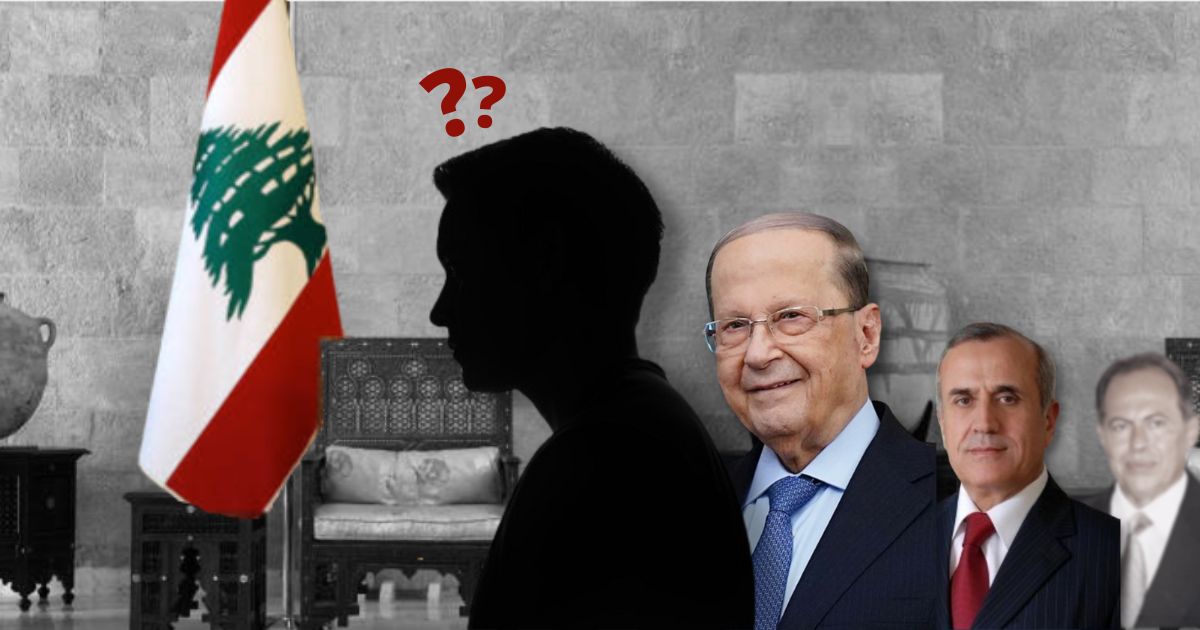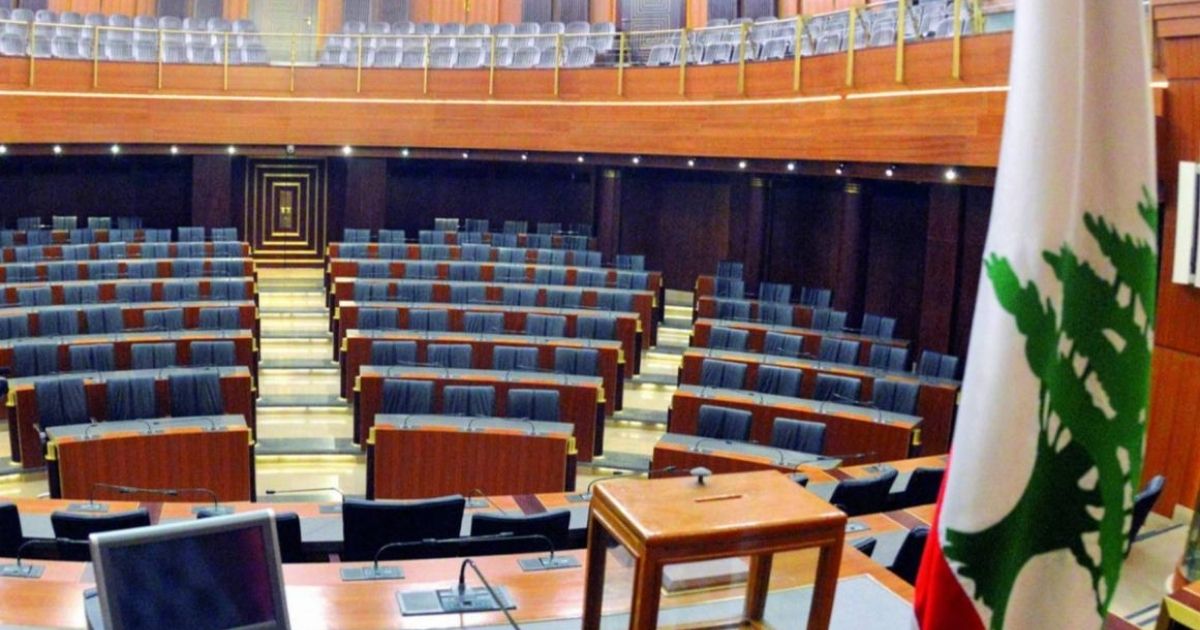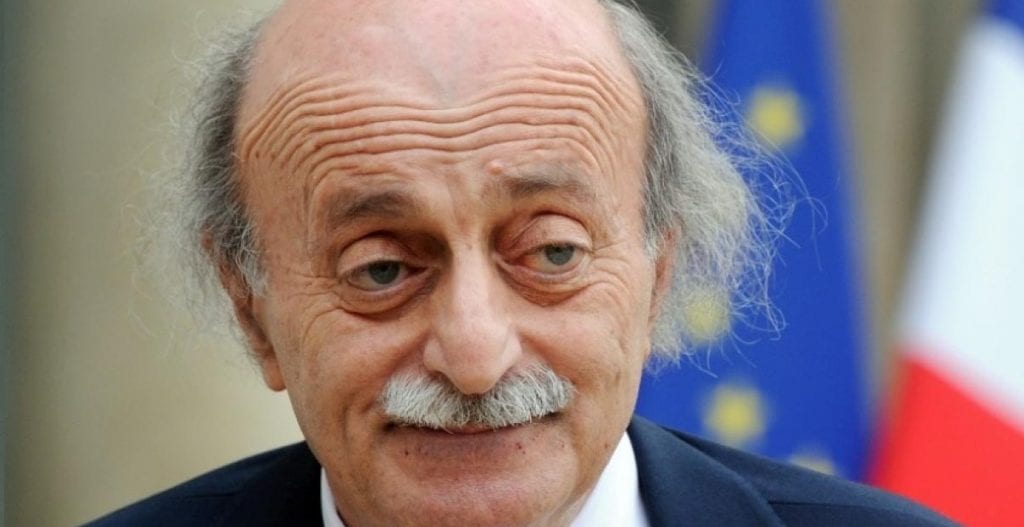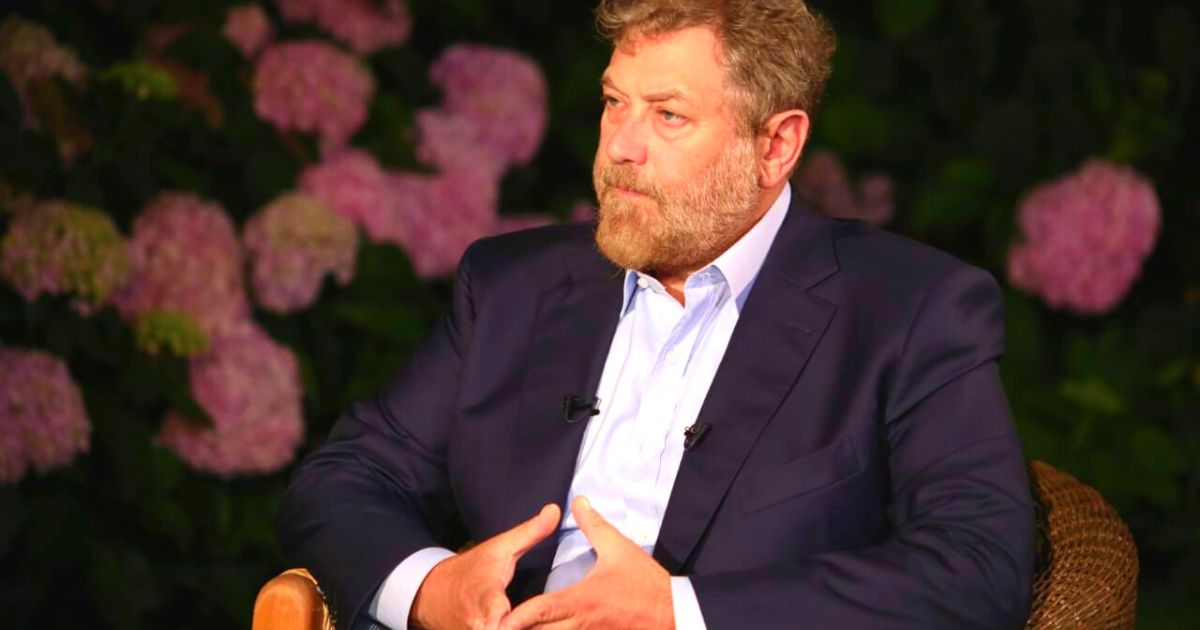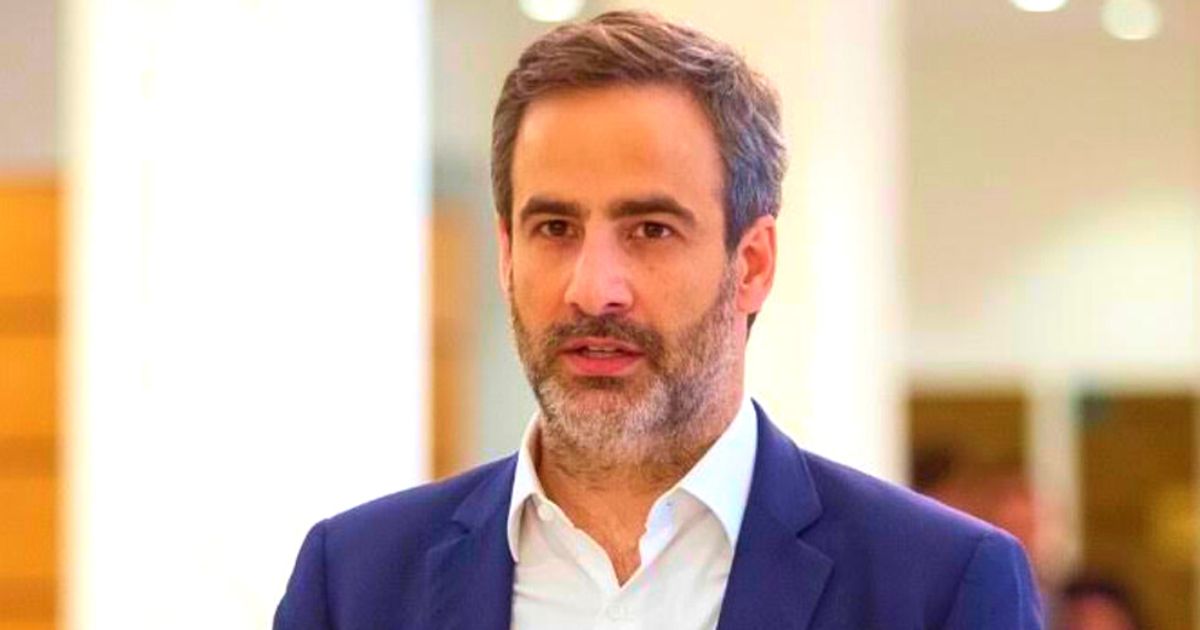Only through staying neutral toward regional conflicts can Lebanon stave off hunger and poverty, says Patriarch Mar Bechara Boutros Al-Rai.
President Michel Aoun said following a recent meeting with a delegation of the Muslim Scholars Gathering that even if Lebanon becomes a neutral country, it would be obligated to defend itself against possible threats.
“We must remain in our position so that we will not attack anyone and we will never support disputes and wars, but we are obligated to defend ourselves whether we are neutral or not,” he declared.
The topic of neutrality became popular in Lebanon after Patriarch Al-Rai’s comments during his past two sermons, in which he stressed that Lebanon should keep out of “political or military struggles or alliances” in the Arab world.
“We will not be saved from the state we are in today – the economic problem, poverty, and hunger – other than through neutrality,” the country’s senior Christian cleric affirmed.
Today, only 9 countries in the world are considered to be technically and truly neutral, including Switzerland, Ireland, and Malta, although many others are considered as such.
Prior to this instance, the Patriarch has repeatedly called on the international community to declare Lebanon a neutral country toward regional and global conflicts, repeating what has been reiterated many times throughout the country’s history.
Curiously, in his latest remarks, Al-Rai also warned that poverty and unemployment were leaving the door open for “foreign interference” in Lebanon, without elaborating.
The Patriarch’s advocacy of neutrality has in some instances backfired due to its supposed antagonization of Hezbollah, considering its involvement in conflicts outside of Lebanon and the effect of that on the aid that Lebanon used to receive from various countries.
However, when asked about that, following his recent meeting with President Aoun, he denied targeting Hezbollah specifically with his comments. He said: “On the contrary, I told the president I mean everyone.”
Notably, officials of western and Arab countries have indicated that them giving Lebanon the “cold shoulder” in regards to providing financial support has been due to Hezbollah’s “growing military and political influence” in Lebanon.
With that said, particularly considering Lebanon’s urgent need for aid during its ongoing meltdown, will the topic of neutrality be considered as a feasible option on the Lebanese table?


